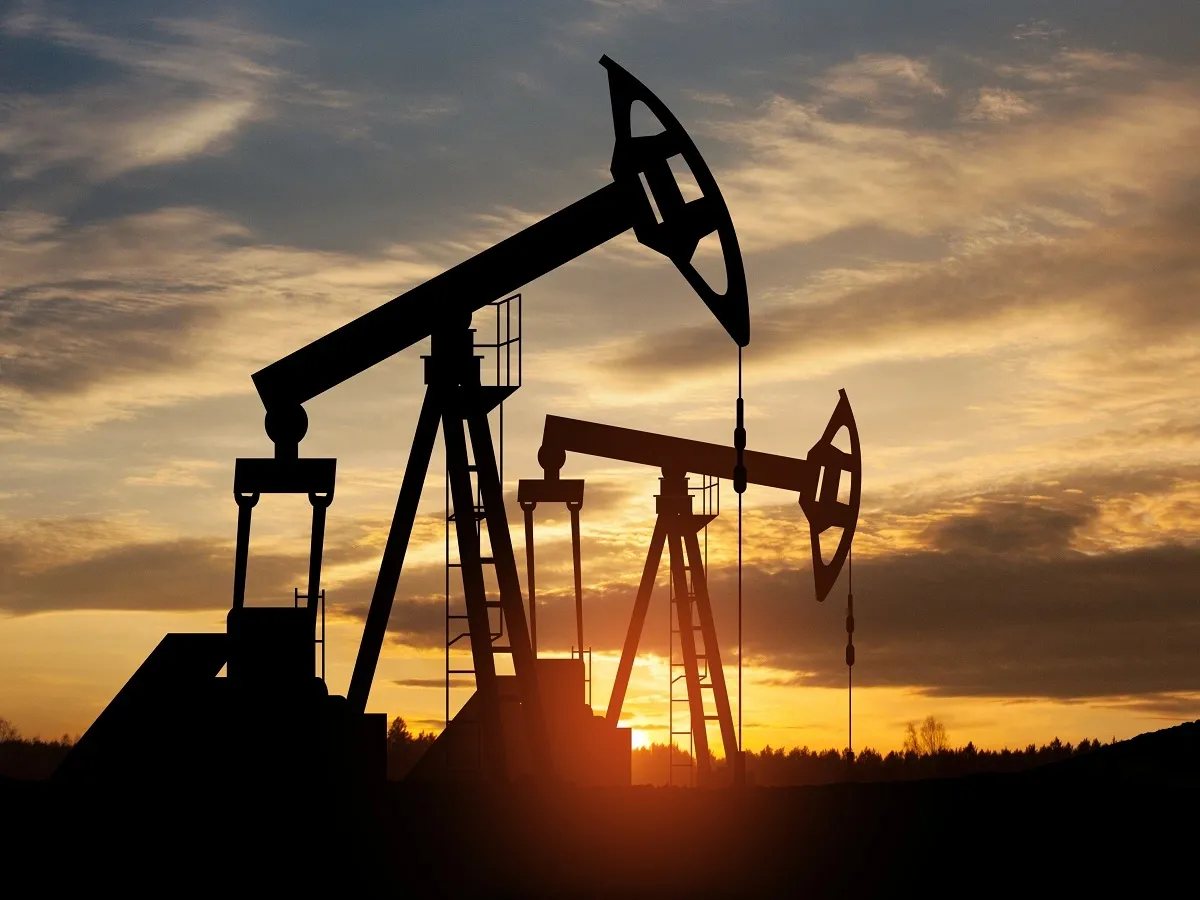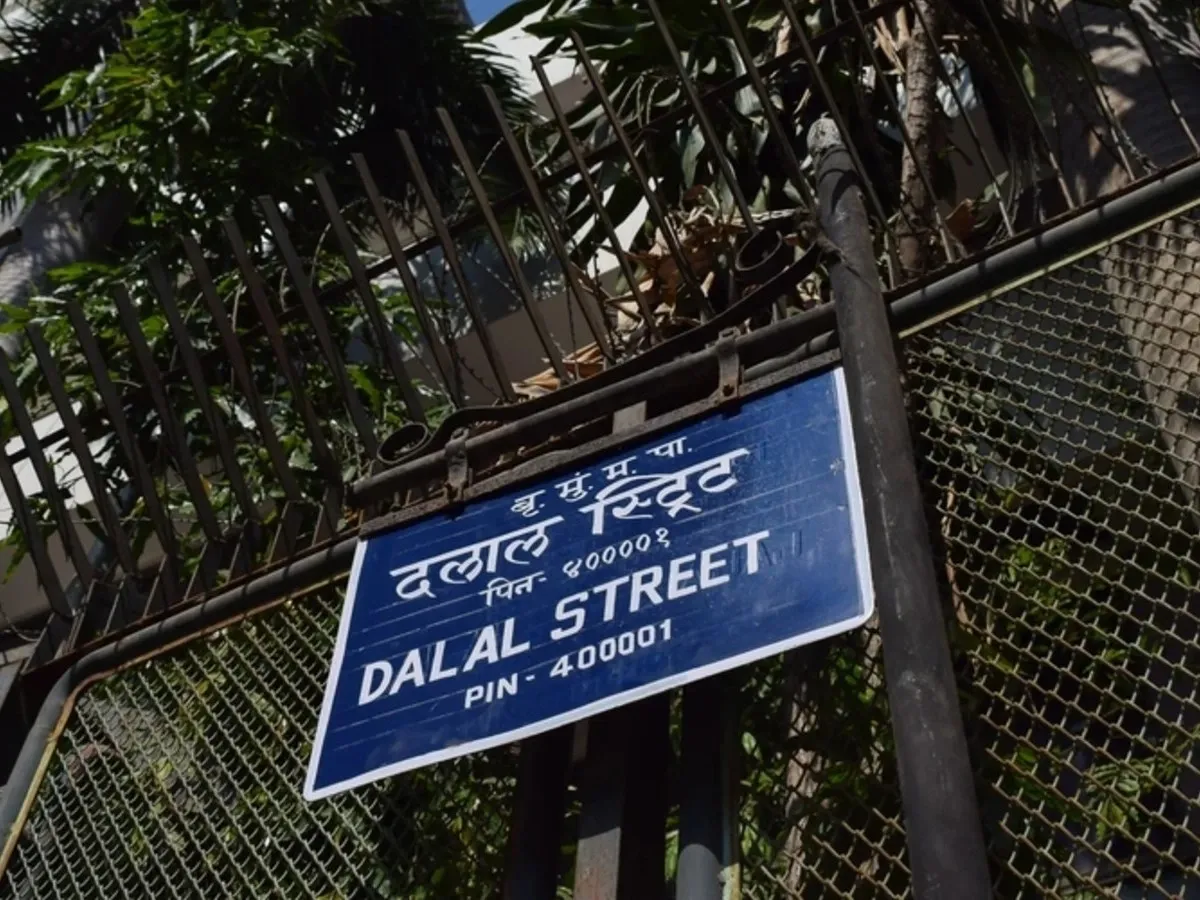Market News
Crude oil prices continue to rise after surging 3% on Monday; tyre stocks MRF, JK Tyre, and CEAT slide over 3%
.png)
4 min read | Updated on June 03, 2025, 10:29 IST
SUMMARY
Oil prices: Crude oil prices saw an increase in early trade in Asia on Tuesday on concerns about supply, with Iran set to reject a US nuclear deal proposal that would be key to easing sanctions on the major oil producer, and with production in Canada hit by wildfires.

WTI (West Texas Intermediate) and Brent are two major crude oil benchmarks used to determine the price of crude oil globally. | Image: Shutterstock
Crude oil prices saw an increase in early trade in Asia on Tuesday on concerns about supply, with Iran set to reject a US nuclear deal proposal that would be key to easing sanctions on the major oil producer and with production in Canada hit by wildfires.
Last seen, WTI Crude futures were trading 0.77% higher at $63 a barrel, while Brent Crude futures were trading at $65.06 a barrel, up 0.67%. Both benchmarks rose around 1% earlier in the session.
WTI (West Texas Intermediate) and Brent are two major crude oil benchmarks used to determine the price of crude oil globally. WTI is a US-based crude oil benchmark, while Brent is a global benchmark primarily linked to the North Sea.
It is the benchmark used for the light oil market in Europe, Africa, and the Middle East, originating from oil fields in the North Sea between the Shetland Islands and Norway.
Both oil benchmarks gained nearly 3% on Monday, June 2, after OPEC+ agreed to keep output increases in July at 411,000 barrels per day. This, according to a Reuters report, is less than some in the market had feared and the same hike as in the previous two months.
Geopolitical tensions supported prices on Tuesday. Iran was poised to reject a US proposal to end a decades-old nuclear dispute, an Iranian diplomat said on Monday, saying it fails to address Tehran's interests or soften Washington's stance on uranium enrichment.
If nuclear talks between the US and Iran fail, it could mean continued sanctions on Iran, which would limit Iranian supply and be supportive of oil prices, the Reuters report added.
Why Paints, Tyres, Aviation, and Other Companies Are in Focus
Crude oil is an essential raw material in the production of paints and tyres. Hence, these companies will be on investors' radar. An increase in raw materials means a hit on profitability.
Tyres are made from rubber, and rubber is derived from crude oil. Crude oil prices impact the cost of raw materials (rubber, synthetic rubber, and other petrochemicals) used in the production.
So, higher raw material costs increase production costs. This will impact the company's margins if they are unable to raise prices.
Similarly, crude oil and its derivatives account for 40-50% of the total input cost in paint manufacturing.
For aviation companies, fuel accounts for around 40% of the operating expenses. Hence, an increase in oil prices means an increase in jet fuel, or aviation turbine fuel (ATF), thus resulting in pressure on airline companies.
For oil marketing companies (OMCs) such as Indian Oil Corporation, BPCL, and HPCL, a rise in crude oil prices is generally negative, as OMCs purchase crude oil from international markets to refine and sell as different petroleum products, such as diesel and petrol, among others. A rise in oil prices means they have to pay more for their raw material, increasing their operating expenses.
On the other hand, for upstream oil companies such as ONGC (Oil and Natural Gas Corporation) and Oil India, a rise in crude oil prices is generally positive. This is because these companies explore and produce crude oil (upstream operations). Their realisations (revenue per barrel) go up when crude prices rise.
How shares are faring
Tyre stocks were trading in the red in the early trade. JK Tyre & Industries was trading 1.65% lower at ₹370.55, while MRF shares were down 0.25% at ₹1,40,650 on the NSE.
Apollo Tyres was also trading 0.7% lower at ₹468.25 on the NSE. CEAT shares were down over 3% at ₹3,625.40.
Paint stocks were trading mixed. Asian Paints and Berger Paints were trading flat, while Shalimar Paints and Indigo Paints were trading in the red.
OMCs were also trading in negative territory. IOCL was trading nearly 0.5% lower at ₹142.70, while BPCL was down over 0.7% at ₹314.30.
InterGlobe Aviation and SpiceJet were trading in the green.
Related News
About The Author
Next Story


